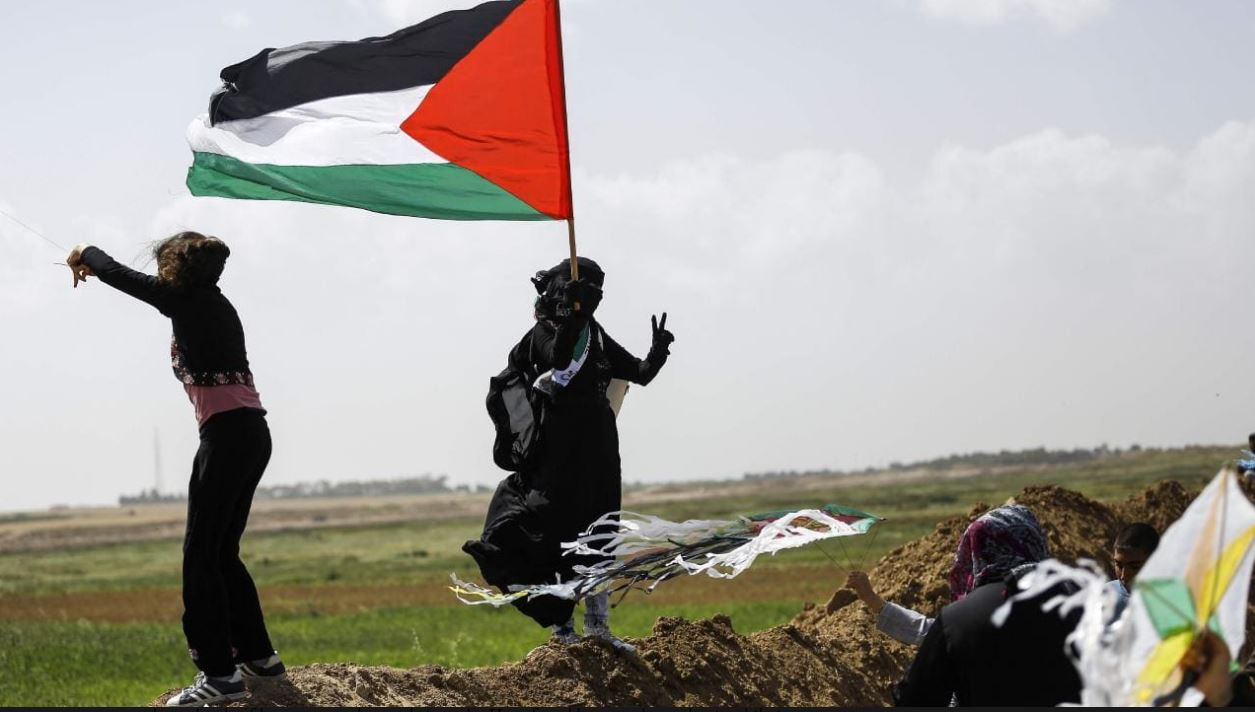“We know too well that our freedom is incomplete without the freedom of the Palestinians,” Nelson Mandela declared on his release from prison.
Mandela understood the similarities between the settler-colonial enterprise in South Africa and in Israel. Having been jailed as a terrorist, he was told that he could be released only if he renounced armed struggle. He refused because he understood that no oppressed people can renounce the right to resist their oppressors.
Mandela understood that negotiating with one’s enemy was not a sign of weakness, but that first those doing the negotiating had to be enfranchised. While he supported Palestinians’ rights and opposed the occupation, he foresaw Israel’s trajectory towards ethnocracy and believed peace could ensure Israeli democracy. In 1990, when Mandela first spoke about Palestinian self-determination, the news bulletins were filled with images of Israeli soldiers beating up children and youths, having been instructed by Yitzhak Rabin to “break their bones”.
Daniel Pipes (“All-out Israeli victory vital for peace”, Inquirer, March 24-25) would have us believe Israelis opted for the Oslo peace process in 1993 because they were “frustrated with the slow-moving and passive nature of deterrence”. Some of us remember it differently: what Israel learned then was that no amount of bone-breaking and torture in jails and invasions of neighbouring states would change the way Palestinians felt about occupation and dispossession. As an exercise in blaming the victims, Pipes’s recent piece failed the test of coherence. Having promised us “fresh thinking”, he then rolled out the ideas of a Zionist leader who died nearly 80 years ago; he tells Western powers to “reject the Palestinians’ claim to Jerusalem” so that at some unspecified future point it can be “fruitfully discussed”; and he tells us the “civilised” approach to this conflict is one that rests on breaking, crushing, “deprivation, destruction and despair” for a recalcitrant enemy.
Read the article by Bassam Dally (professor at the University of Adelaide and an executive member of Australian Friends of Palestine Association) in The Australian.

